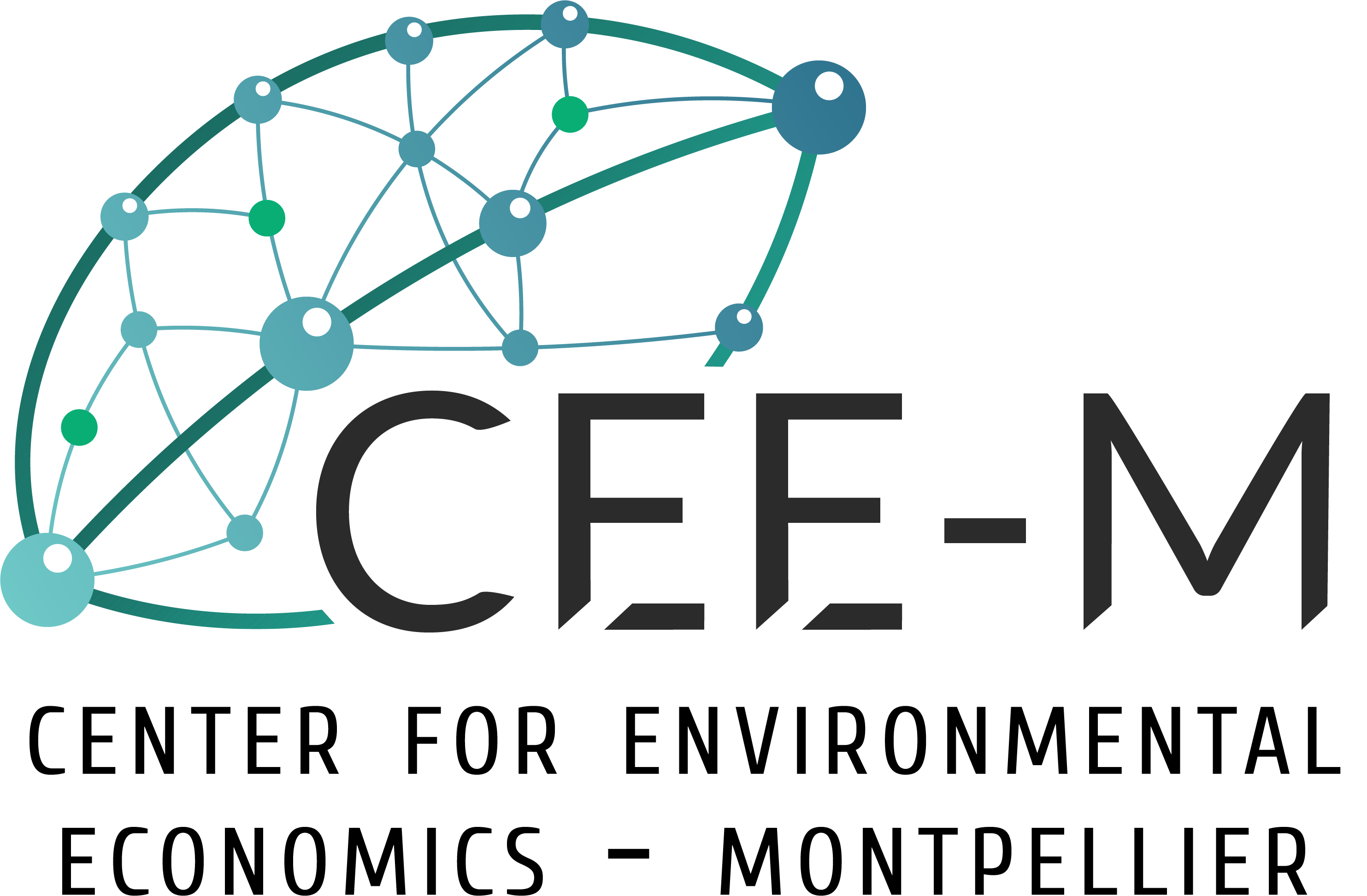- theory testing, by providing relevant data,
- decision aid, by evaluating the impact of various instruments (e.g. a public policy or a firm strategy), without exposing the individuals or groups concerned by those instruments to the potential costs or risks of a real in-situ implementation,
- provide new insights and knowledge about situations for which theory is lacking or incomplete.
Read more
- Frequently Asked Questions about Experimental Economics
- Smith, V., 1994. “Economics in the Laboratory”. Journal of Economic Perspectives 8(1), 113-131
- Smith, V., 1982. “Microeconomic Systems as an Experimental Science”. American Economic Review 72(5), 923-955
Room 216 (2nd floor)
Faculté des Sciences Economiques
Espace Richter – Avenue de la Mer
CS 79606
34960 MONTPELLIER cedex 2
E-mail: leem-contact@umontpellier.fr
Tramway: line 1, line 3 or line 4
Get off at Rives du Lez and cross over the gate above the Lez.
Partial connectivity increases cultural accumulation within groups
Evidence of genotypic adaptation to the exposure to volcanic risk at the dopamine receptor DRD4 locus
How do incidental emotions impact pro-environmental behavior? Evidence from the dictator game
Who are the Voluntary Leaders? Experimental Evidence from a Sequential Contribution Game
Malevolent Governance, Intra-Group Conflict and the Paradox of the Plenty: An Experiment
Men increase contributions to a public good when under sexual competition
Social learning and the replication process: an experimental investigation
Choice overload, coordination and inequality: three hurdles to the effectiveness of the compensation mechanism?
The trade-off between welfare and equality in a public good experiment
Performance of the ambient tax: does the nature of the damage matter?
How does competition affect the transmission of information?
Incentives and managerial effort under competitive pressure: An experiment
Sharing rules for a Common-Pool Resource with private alternatives
When Allais meets Ulysses: Dynamic axioms and the common ratio effect
Does a membership fee foster successful public good provision? An experimental investigation of the provision of a step-level collective good?
Weak moral motivation leads to the decline of voluntary contributions
Income redistribution and public good provision : an experiment
Optimization incentives and relative riskiness in experimental coordination games
Does identification affect trust and reciprocity in the lab?
Vanishing leadership and declining reciprocity in a sequential contribution experiment
Do static externalities offset dynamic externalities? An experimental study of the exploitation of substitutable common-pool resources
Tolérance de la fraude et évasion fiscale: une analyse expérimentale du modèle de Greenberg
Risque et sélection d'équilibre dans un jeu de coordination: une analyse expérimentale
Researchers, faculty and doctoral students in economics study individual and group behaviour in various economic environments. They are involved in national and international research projects.
The research team relies strongly on laboratory experimentation to carry out those projetcs. For running experiments we need volunteers which are paid for their participation in experimental sessions. The payment rules differ according to the type of experiment. However, on average participants earn between 5 and 25 Euros for a typical session (about 1:30 mn duration).
No knowledge in economics is required to participate in our experiments. Everybody can apply to become a participant.
Sign in today, it’s fun, it’s paid, and you contribute to scientific progress!
